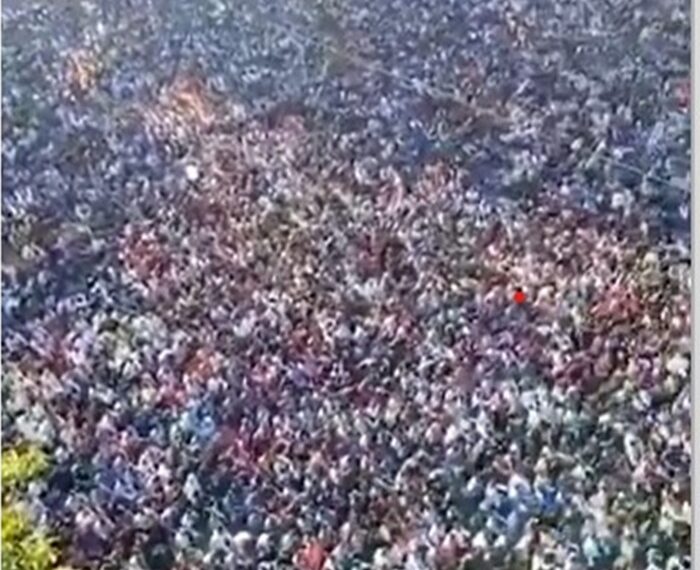India’s Foreign Secretary Vikram Misri will travel to Dhaka on Monday for a day-long visit, marking the first high-level engagement from New Delhi since the political turmoil in Bangladesh earlier this year.
The visit comes against the backdrop of escalating tensions between the two neighbours following the ouster of former Prime Minister Sheikh Hasina in August.
Misri is set to hold discussions with his Bangladeshi counterpart Md. Jashim Uddin and meet de-facto foreign minister Mohammad Touhid Hossain.
Sources indicate he may also meet interim leader and Nobel laureate Muhammad Yunus during his 12-hour trip.
The Indian side is expected to address its concerns regarding rising violence against Hindus and other minorities in Bangladesh.
A spate of attacks on temples and minority communities in recent weeks has alarmed New Delhi, with India’s External Affairs Ministry urging Bangladesh to take decisive action to ensure the safety of all minorities.
“Our position is clear—the interim government must fulfil its responsibility to protect minorities,” said MEA spokesperson Randhir Jaiswal on November 29.
He added that the recent surge in extremist rhetoric and violence is a matter of serious concern.
Bangladesh, on the other hand, is likely to raise grievances over India providing refuge to Sheikh Hasina.
Interim leader Muhammad Yunus has previously stated that his government intends to seek Hasina’s extradition from India.
Tensions have been further aggravated by the arrest of Hindu monk Chinmoy Krishna Das in Dhaka on sedition charges and reports of protesters storming Bangladesh’s mission in Agartala.
Following the latter incident, Bangladesh’s foreign ministry summoned Indian envoy Pranay Verma to lodge a formal protest.
India, meanwhile, has witnessed protests in West Bengal, Assam, Meghalaya, and Tripura against the persecution of Hindus in Bangladesh and Das’s arrest.
Misri’s visit coincides with a meeting under the framework of Foreign Office Consultations.
Announcing the trip, the MEA spokesperson stated, “The foreign secretary’s visit is part of our structured interactions with Bangladesh to address bilateral issues.”
Observers see the visit as a critical opportunity to de-escalate tensions and reaffirm the importance of protecting minorities while addressing mutual concerns between the two nations.















